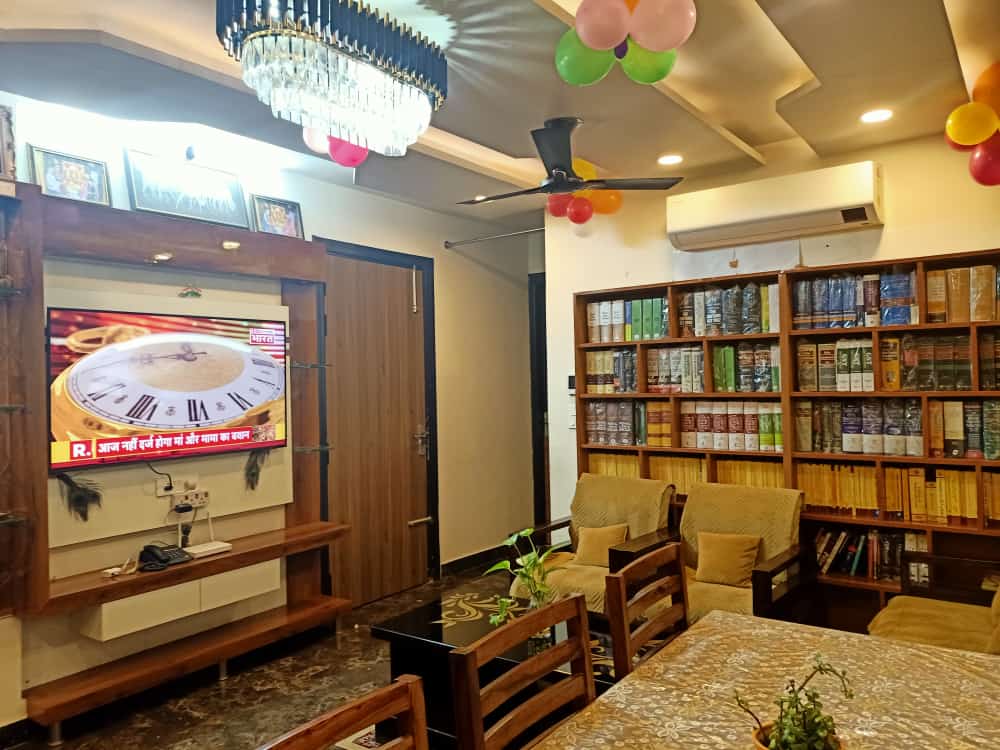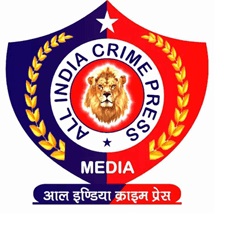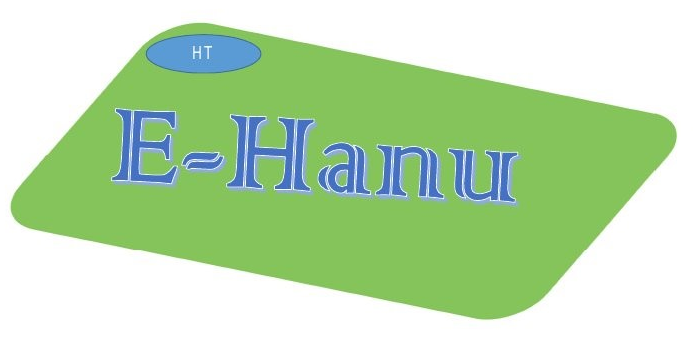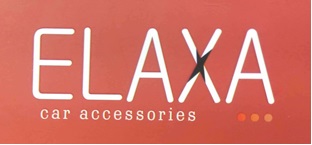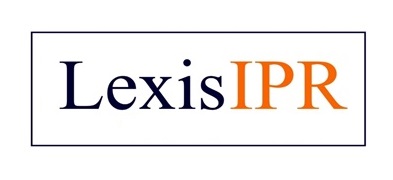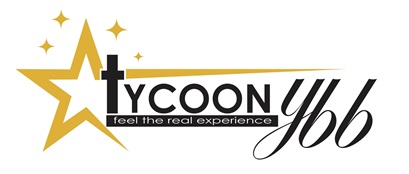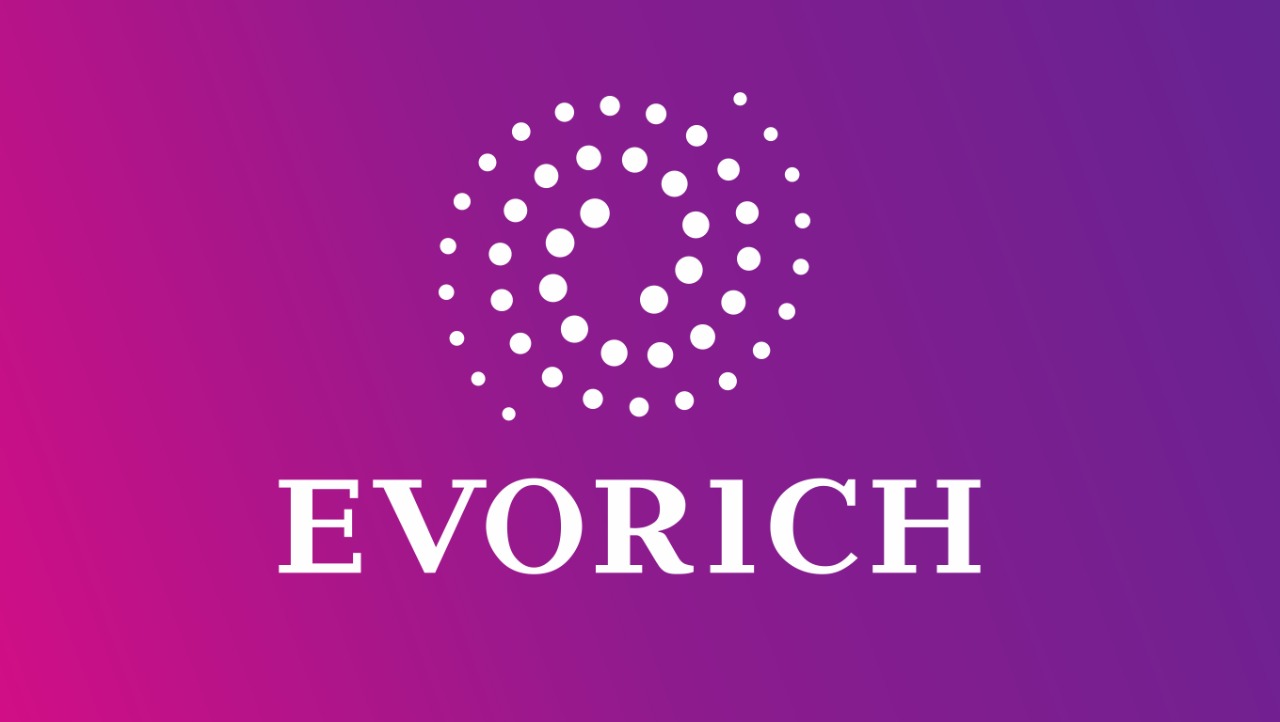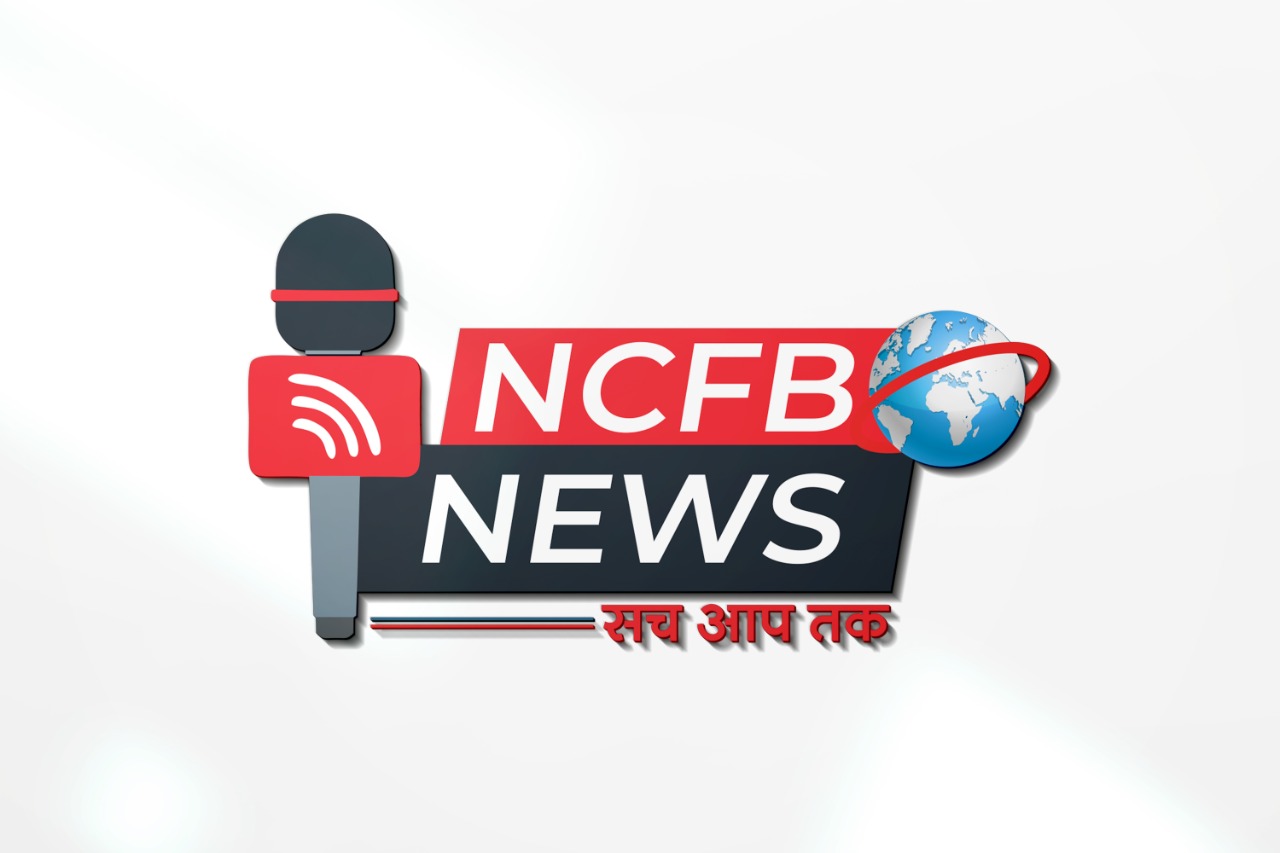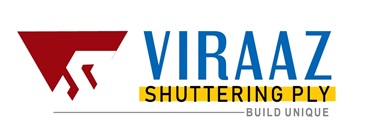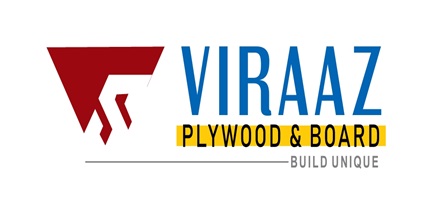Consumer Finance Law
Civil litigation, Criminal , Commercial Litigation, Arbitration Proceedings, Intellectual Property Rights , Personal & Family Litigation, Income Tax Litigation, GST , Company Law , Consumer Case , Mediation & Conciliation.
3000 +
Happy clients
300 +
Advocate, CA, CS
10 +
Associates Offices
Request A Call Back
Consumer Finance Law
Consumer Finance Law
Consumer finance refers to the raising of finance by individuals for meeting their personal expenditure or for the acquisition of durable consumer goods. It is an important asset based financial service in India. This include credit merchandising, deferred payments, installment buying, hire purchase, pay-out of income scheme, pay-as-you earn scheme, easy payment, credit buying, installment credit plan, credit cards, etc. Consumer durables include Cars, Two Wheelers, LCD TVs, Refrigerators, Washing Machines, Home Appliances, Personal Computers, Cooking Ranges, and Food Processors etc. Under consumer finance scheme, the consumer or buyer pays a part of the purchase price in cash at the time of the delivery of the asset, the balance with interest over a predetermined period of time.

Features of Consumer Finance:-
- Consumer credit is a method of financing semi-durables and durables.
- It assists consumers to acquire assets.
- Consumers get possession of the assets immediately when a fraction of the price is paid.
- The balance payment is payable in installments over an agreed span of time.
- The duration of the finance normally ranges between three months to five years.
- It is an agreement between parties to the contract.
- When there are only two parties to the contract, it is called a Bipartite Agreement (the customer and the dealer cum financier), and where there are three parties, such agreements are called Tripartite Agreements (the customer, the dealer and the financier.)
- The structure of financing may by way of hire-purchase, conditional sale or credit sale. In the case of both hire purchase and conditional sale, ownership of the asset is transferred only on completion of all the terms of agreement. But in the case of credit sale ownership is transferred immediately on payment of first installment.
- Generally advances are made on the security of the asset itself and.
- It involves down payment normally ranging from 20 to 25% of the asset price.
Nature of Dispute
- Recovery of lending money for purchase of consumer goods
- Execution of decree against judgment debtors
- U/s 138 NI Act, complaint for dishonored of cheque
- U/s 25 PASS Act, complaint for dishonored of electronic payments
- Deficiency of services and unfair trade practice
- Warrant of attachment.
Our services
Our firm has immense experience in dealing with consumer durable product and its finance proceedings, compliances, deficiency in products & services and removing its compliance related issues. We have a gamut experience of Financial Markets, Capital market, Banking rules and regulation, RBI guidelines as well as secured and unsecured business/working capital loan The BCSBI has done a commendable job as an independent watchdog to monitor. BIS central bankers’ speeches the adoption and implementation of its codes and standards by banks. The BCSBI has been assisted by PCCOs, who are single point Nodal Officers in member banks and are, thus, extended arms of BCSBI for monitoring implementation of codes and standards and for various matters relating to customer service. The BCSBI has evolved two sets of codes, viz. Code of Bank’s Commitment to Customers and Code of Bank’s Commitment to Micro and Small Enterprises, which have been in existence for seven and five years respectively.
However, despite the codes being in existence for a considerable period of time and having been adopted by banks, the quality of service delivered to customers still leaves a lot to be desired. This is reflected in the volume of complaints received by Banking Ombudsmen across the country.


